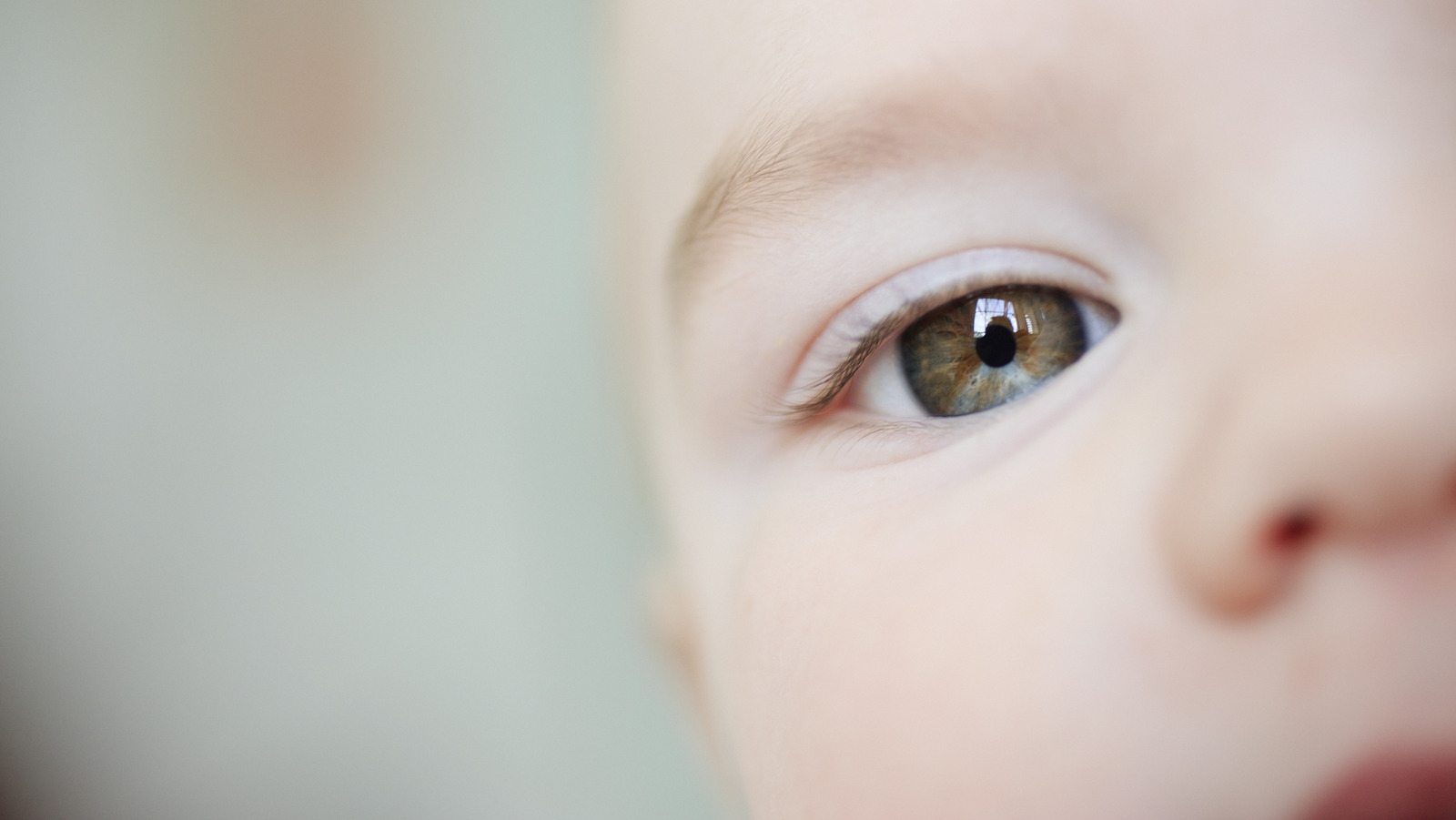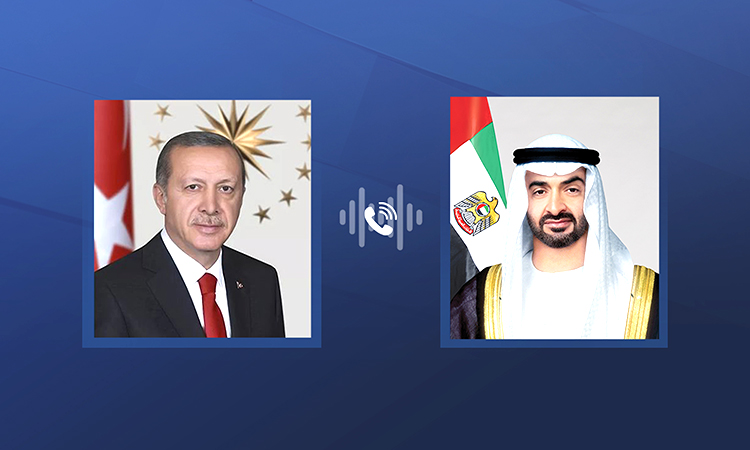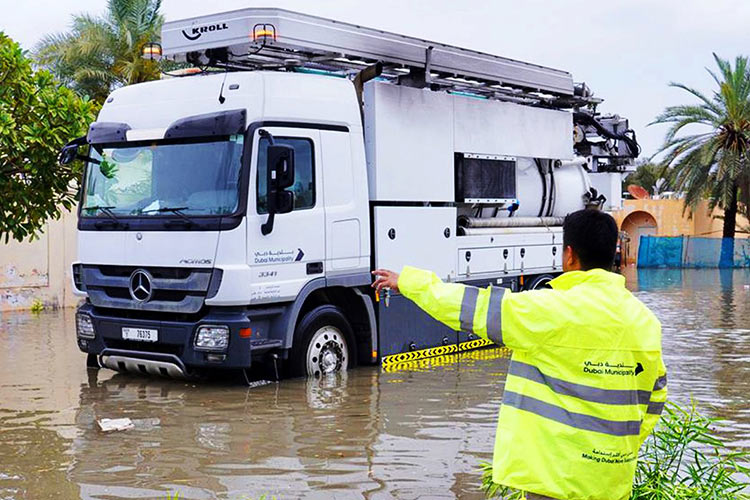
How Many Children Did Dr. Jan Karbaat From ‘Seeds Of Deceit’ Father? – Grunge
According to Empowered Women’s Health, as of 2021, infertility affects more than 80 million couples worldwide. Since the late 1970s, in vitro fertilization or IVF treatment has helped millions of women and couples who want to be parents conceive. In the early days of the treatment, like today, women and couples interested in IVF must first consult with a certified fertility doctor. In doing so, they naturally trust that the doctor will give them good advice. They also assume that a qualified medical professional will be honest about from where the sperm used in the procedure originated. As the 2021 Dutch documentary series “Seeds of Deceit” illustrates, that outcome is far from certain.
In IVF treatment, human eggs are fertilized in a test tube with sperm from a partner or donor, per Mayo Clinic. Those fertilized eggs are then implanted back inside the donor’s uterus. Under ideal conditions, the embryo develops normally and the baby is born naturally. Early on, IVF success rates were minimal. Today, the treatment helps half of all those who seek it out conceive a child, especially among women 35 years old and younger, according to Missouri Medicine. Over the years, clinics and IVF healthcare providers in the U.S. have seen increased regulation, via the CDC. IVF oversight differs, though, from state to state and in other countries. In the 1990s, Esther-Louise Heij sought IVF treatment in Denmark. According to “Seeds of Deceit,” she got more than she bargained for.
Who was Dr. Jan Karbaat?
 VICE News/Youtube
VICE News/Youtube
According to the Canadian Broadcasting Corporation (CBC), his patients had no reason not to believe Dr. Jan Karbaat would do anything other than what he said he would do when they sought his help. Karbaat (pictured), who died in 2017, was an experienced fertility doctor — first in hospitals, and then at his own clinic, near Rotterdam. While starting out, Karbaat’s willingness to work with same-sex couples and single women made him controversial. Meanwhile, that progressive view, among some, gained him praise.
In those early days of IVF treatment in Denmark, artificial insemination was poorly regulated. Today, much of that has changed (via Infertility Aide). Remembering Danish IVF at the time Karbaat first got his start, gynecology professor Hein Bruinse said (via CBC) those types of procedures took place in backrooms, and in Denmark at least, as elsewhere, seeking help for infertility issues was a source of shame — especially for men. In his career, Karbaat helped hundreds if not thousands of women and couples have children from around 1980 through the year 2009 when his clinic closed down.
Karbaat promised that the children could one day know who their father was
 VICE News/Youtube
VICE News/Youtube
When Esther-Louise Heij sought Dr. Jan Karbaat’s services she had recently left a long-term relationship with a person with whom she had been pregnant twice, each ending in stillbirth. Even so, her desire to be a mother remained. She heard Karbaat was willing to work with single women like her, according to The Guardian, and at first, Heij felt supported by Karbaat and she trusted everything that he told her. She believed him when he said he’d support her children’s decision to find out the true identity of their biological father, should they want to. He even told Heij he’d find a sperm donor that blended well with her appearance.
Speaking with The Guardian, Heij said Karbaat seemed good at what he did. She even gave him family photos as part of the sperm donor selection process. “He was a pioneer in his attitudes. He talked me through what it would be like to raise children on my own; he seemed very serious and professional,” she said. “He was an important doctor in a white coat. I trusted him; it never crossed my mind that I couldn’t.”
With Karbaat’s help, Heij became pregnant twice and gave birth to two children: Lotte, in 1994, and Yonathan in 1995. Both children knew how they were conceived. On the prospect that they might one day seek their real father, Heij told them (via The Guardian) ” … [I]f you want to know who he is you will get the chance to do that one day.'”
Karbaat’s lies unravel
 VICE News/Youtube
VICE News/Youtube
As a teenager, Esther-Louise Heij’s youngest son, Yonathan, informed her he’d like know more about his real father. Speaking with The Guardian in 2017, Yonathan said “For a boy to grow up without a father figure is a big thing; a father is important, especially for a boy. I wanted to know who he was: there were things I wanted to ask him,” With no reason to think there would be an issue, in 2011, Heij turned to a third-party organization to help satisfy her son’s request. When relevant records were requested from Karbaat’s clinic, finding the answer proved to be more difficult than anticipated.
Around that same time, rumors began to circulate in Denmark that Karbaat had perhaps used another doctor’s sperm in his practice, donations from medical students, or maybe worst of all, his own semen. While Karbaat was still alive, Jonathan wrote letters to Karbaat seeking answers. They were returned unopened. Following along as the Karbaat rumors swirled in Danish media, Yonathan later said (via The Guardian) “We were in shock — it was a feeling of total disbelief. Karbaat was a doctor, and to use his own sperm to get women pregnant would have been totally prohibited. It was difficult to process the enormity of what this meant. But right away I thought: ‘This man could be my father.'”
Karbaat’s DNA tested
 Ron Dale/Shutterstock
Ron Dale/Shutterstock
By 2017, the year that Karbaat died at the age of 89, a Danish court granted 22 families and children born from IVF treatment at Karbaath’s clinic the right to have Karbaat’s DNA posthumously tested, according to further reporting from The Guardian. Karbaat’s DNA was gathered from personal items left behind after his death. At that point, though, the profile built from Karbaat would remain off-limits. A further court would rule whether or not it could be compared to the DNA of his alleged children.
Under pressure before he died, Karbaat admitted he perhaps fathered 60 children. Suspicions were rampant, though, the real number could be far higher. By 2017, DNA from known Karbaat children had been tested yielding a match with 19 children born through IVF treatment at his clinic. By 2019, a Danish court ruled that Karbaat’s DNA profile could be unlocked and compared with the DNA from plaintiffs in the case. It was then that Esther-Louise Heij, her son Yonathan, and other parents and children involved, knew the truth was imminent. That same year, they had their answers.
Karbaat has fathered at least 49 children
 Doc Play/Youtube
Doc Play/Youtube
Once Karbaat’s posthumous DNA profile was compared against the DNA of the plaintiffs in the case, the so-called “Karbaat children,” it was confirmed that the fertility doctor had in fact used his sperm to successfully impregnate at least 49 women, as The Guardian reports. Some estimate the true number could be as many as 200, but a definitive answer may never be found as some children are never informed they were born via sperm donor through IVF and therefore never know to press the question, according to the CBC.
Also according to CBC, the trust that Esther-Louise Heij had in Karbaat early on was not uniform across all his patients. A woman known only as Lidia (pictured) who found out her son was one of the “Karbaat children,” and who appeared in “Seeds of Deceit,” said (via CBC) “I thought he was a creep.” She recalled, “The way he looked at you was creepy — the way he talked, the way he behaved.” On discovering that Karbaat used his own semen in her procedure, she said, “The mere thought of it! I felt dirty, so dirty … [It’s] unbelievable. I’m glad my husband didn’t live to see this.”
If you or anyone you know has been a victim of sexual assault, help is available. Visit the Rape, Abuse & Incest National Network website or contact RAINN’s National Helpline at 1-800-656-HOPE (4673).



















